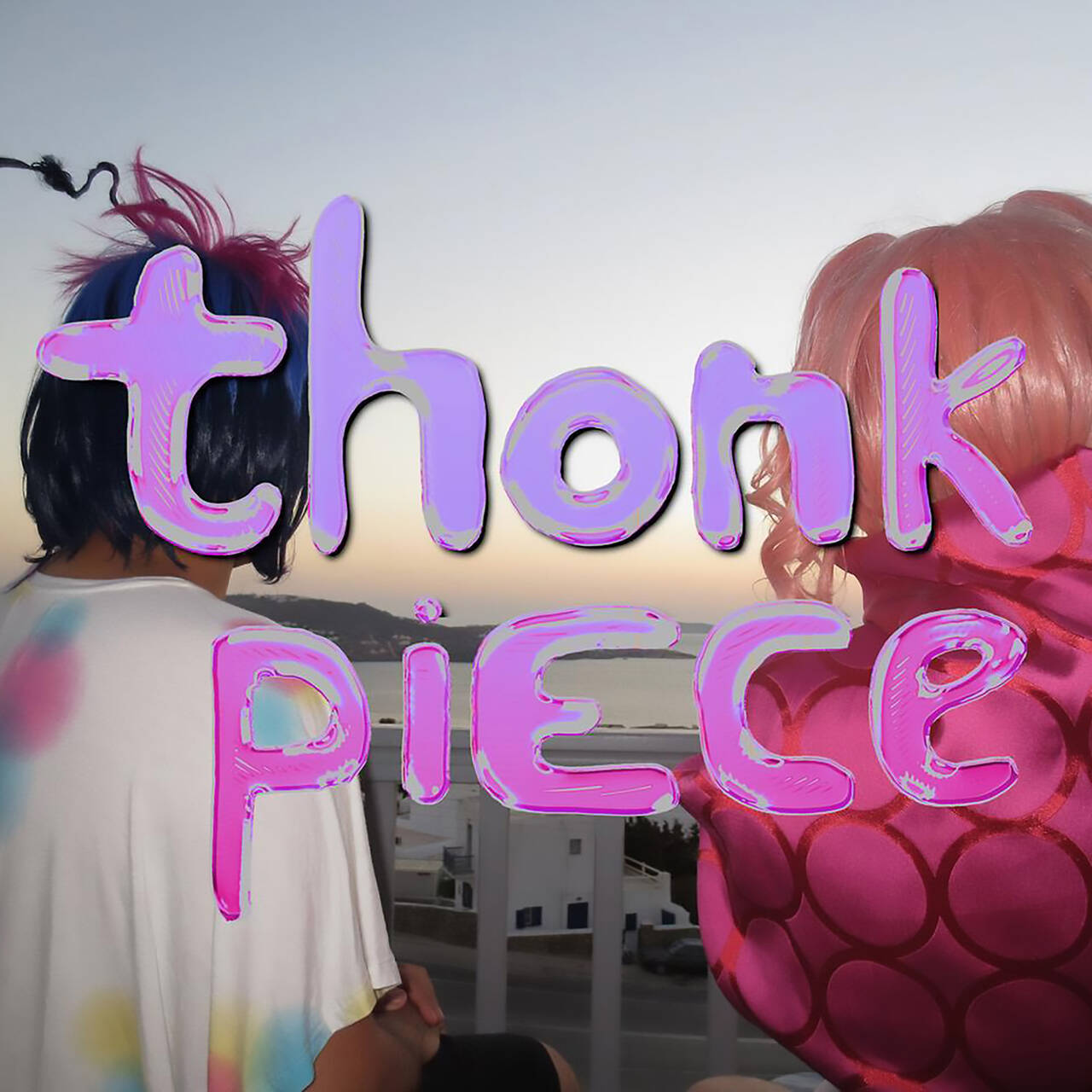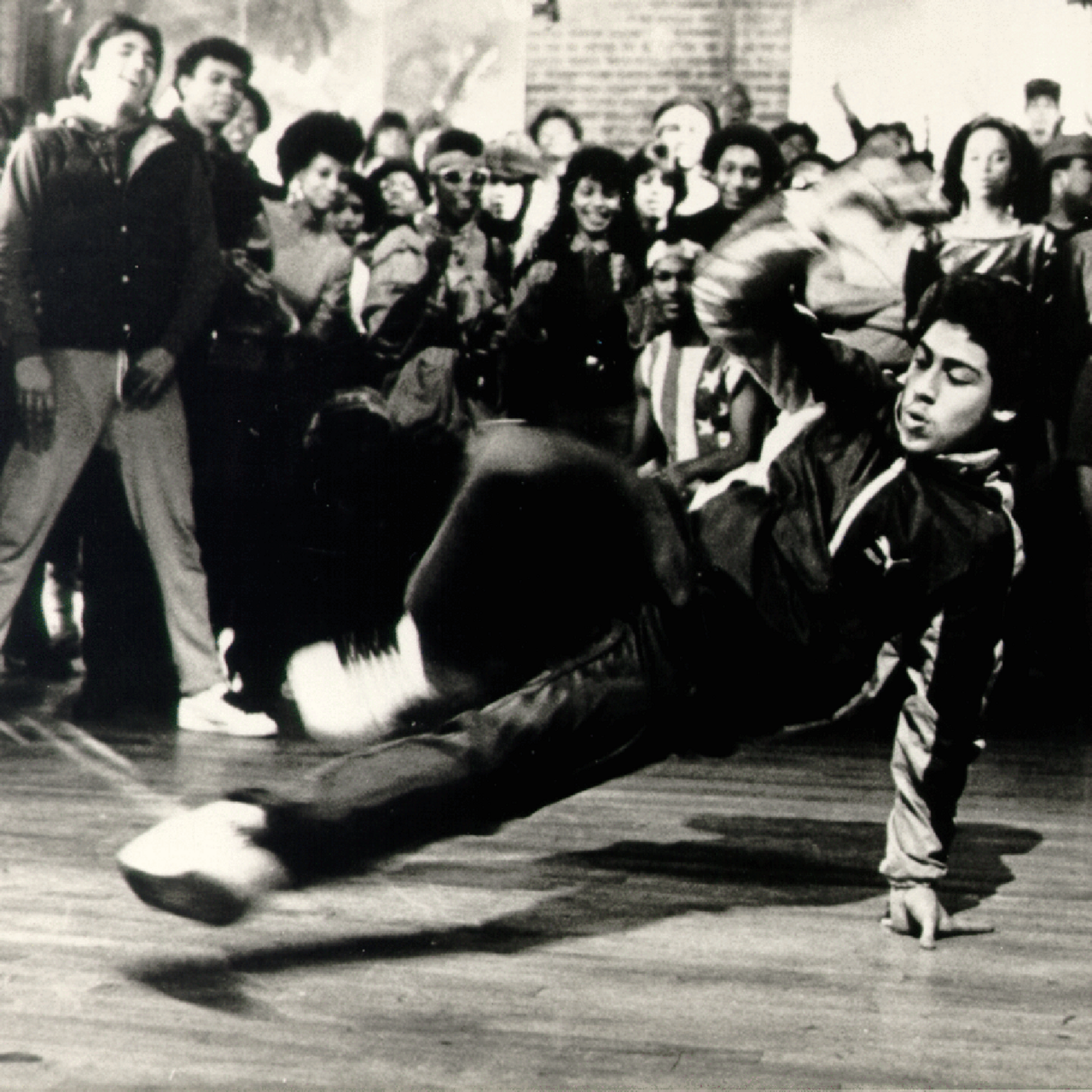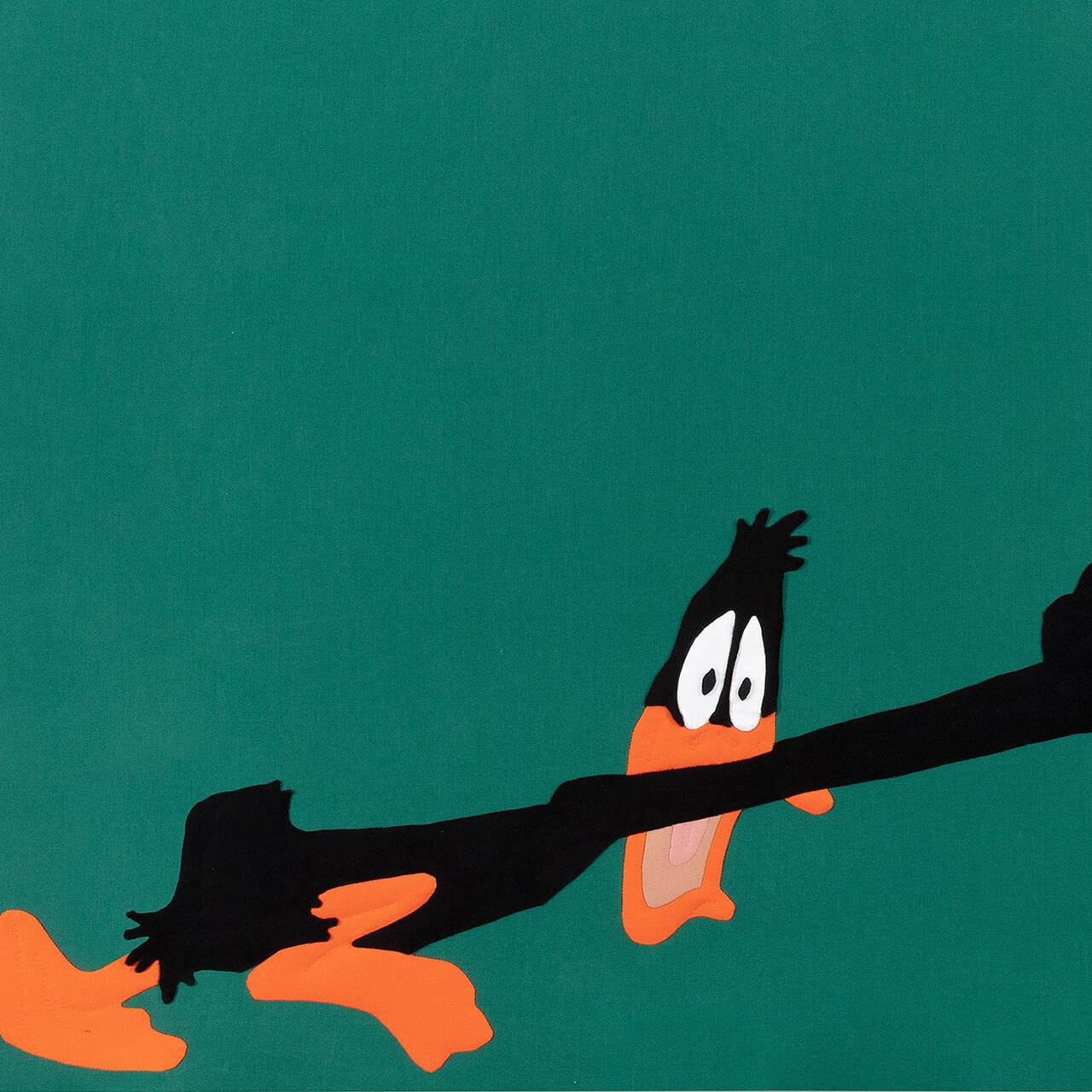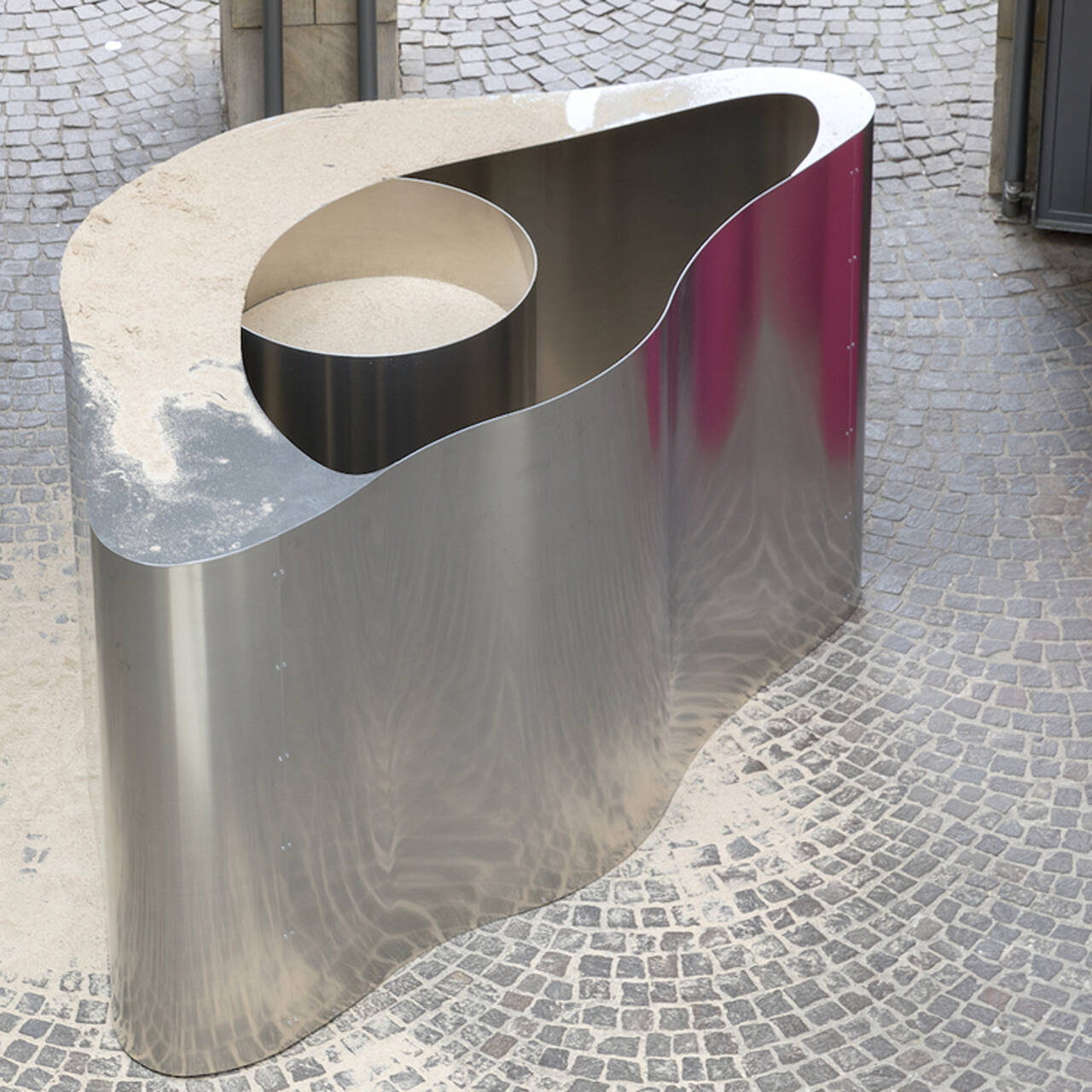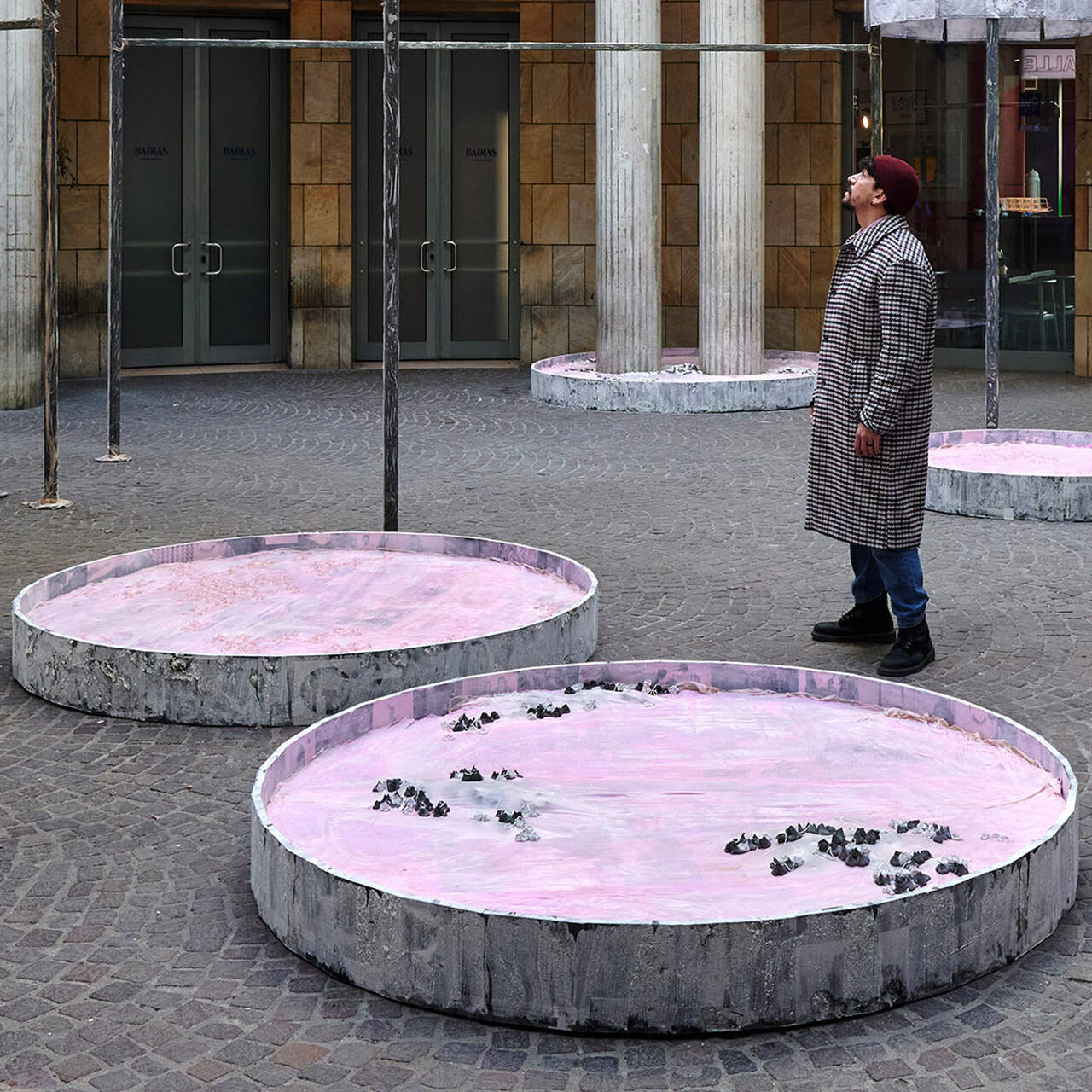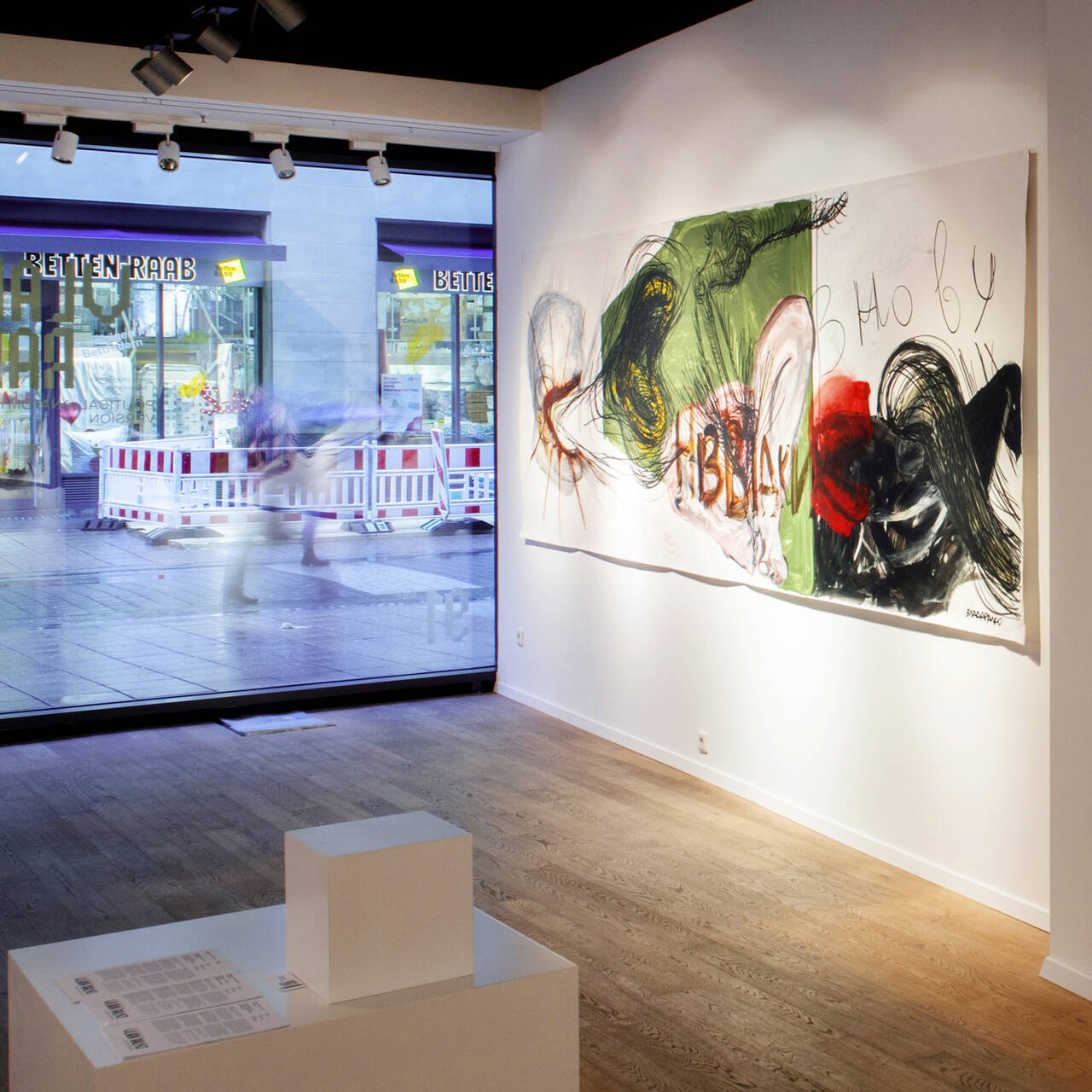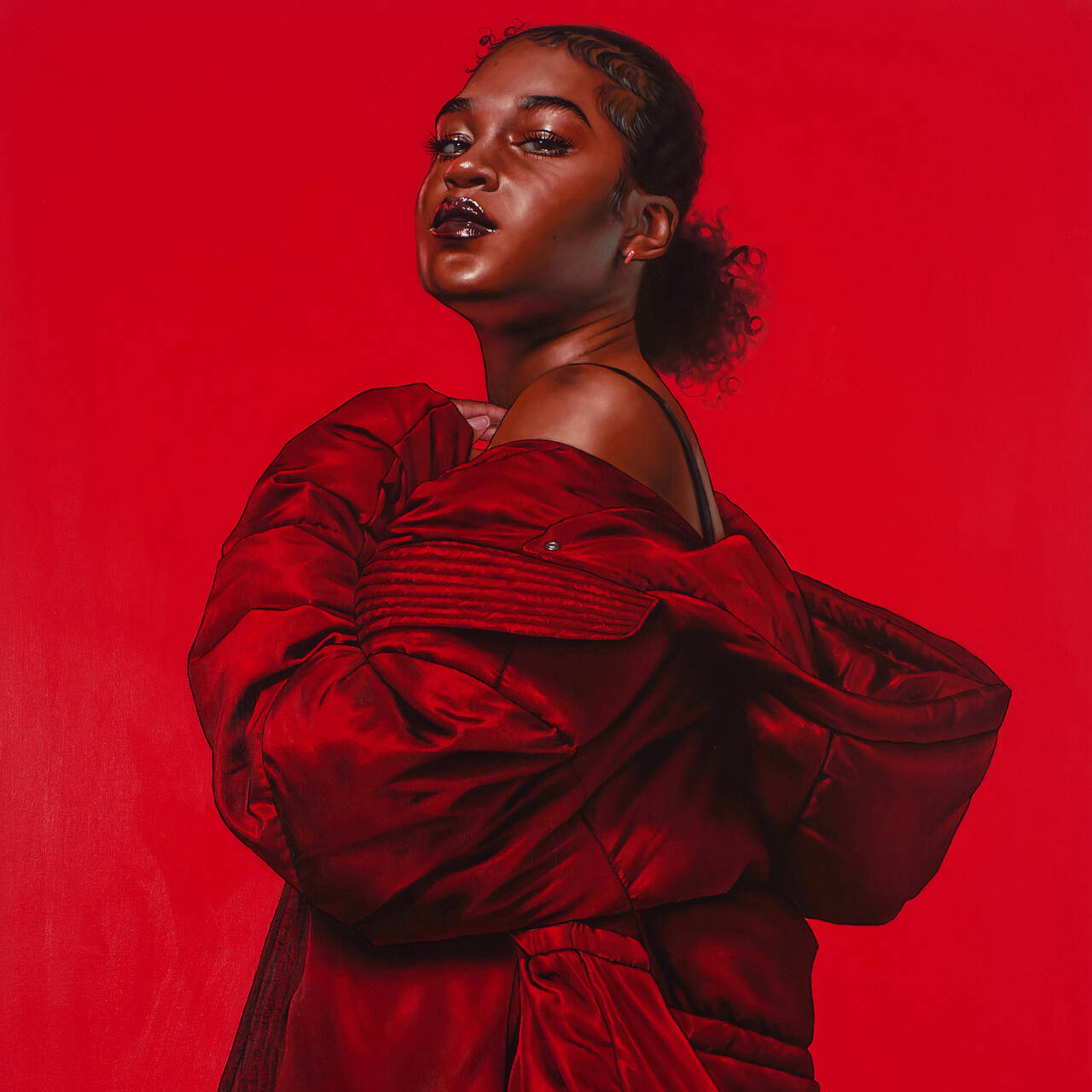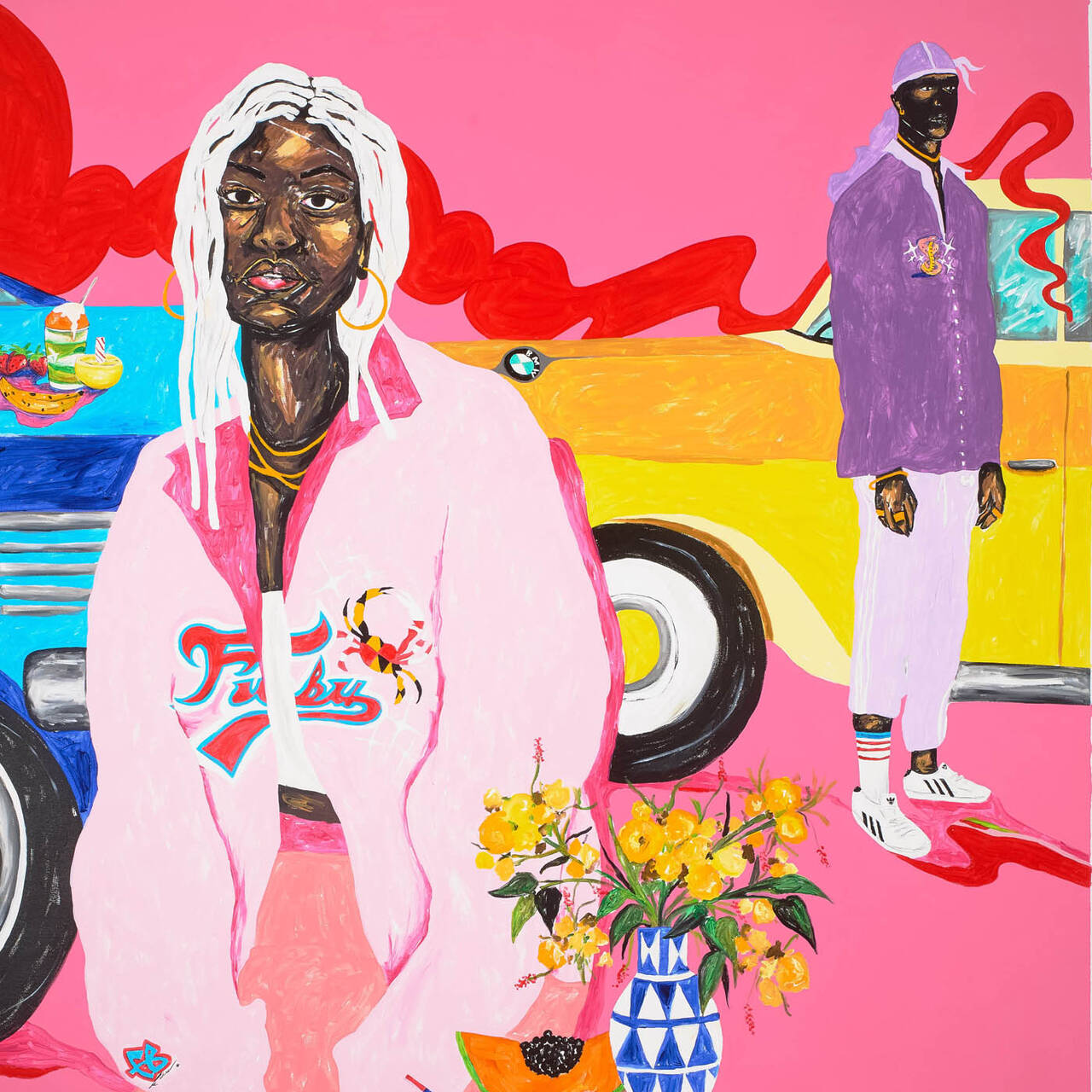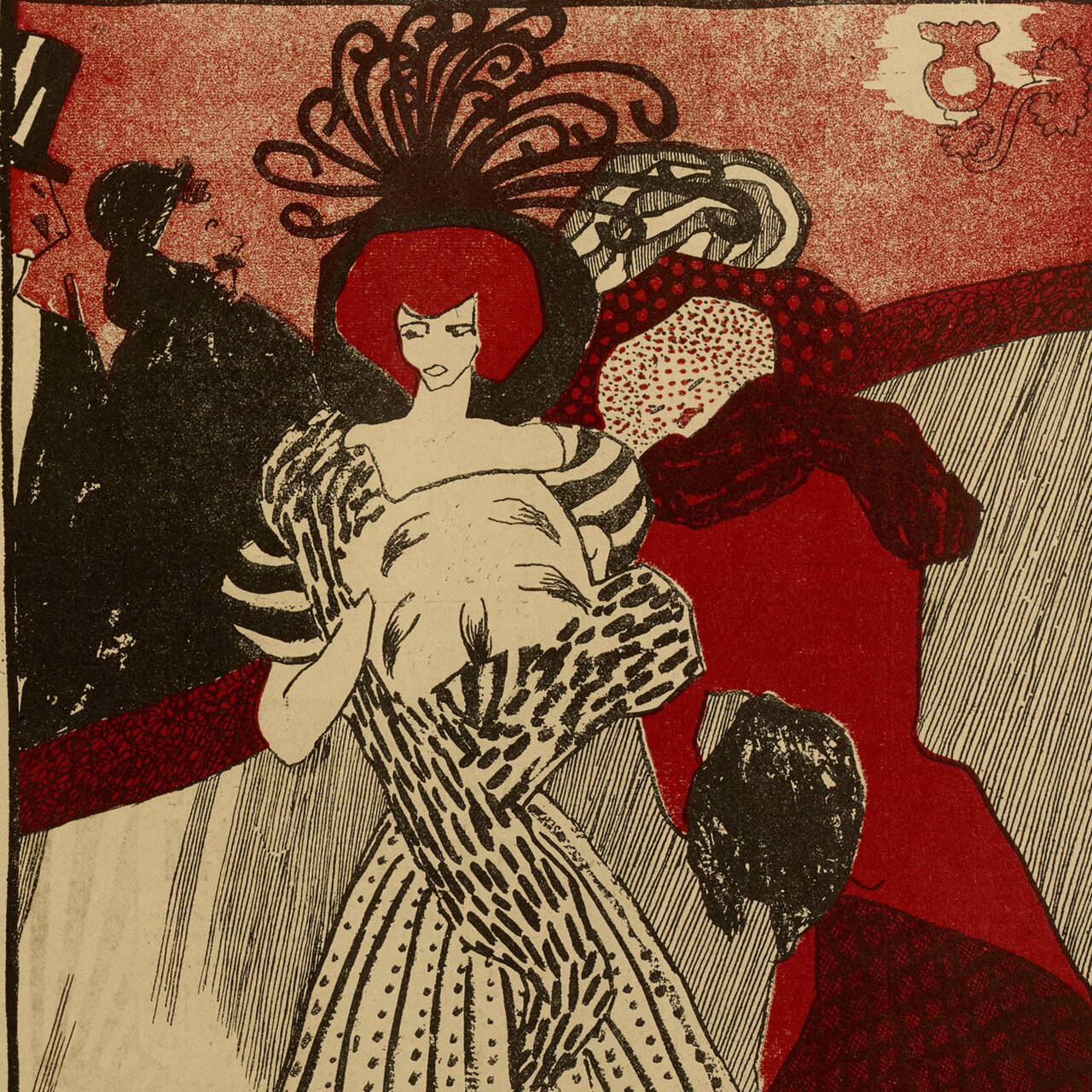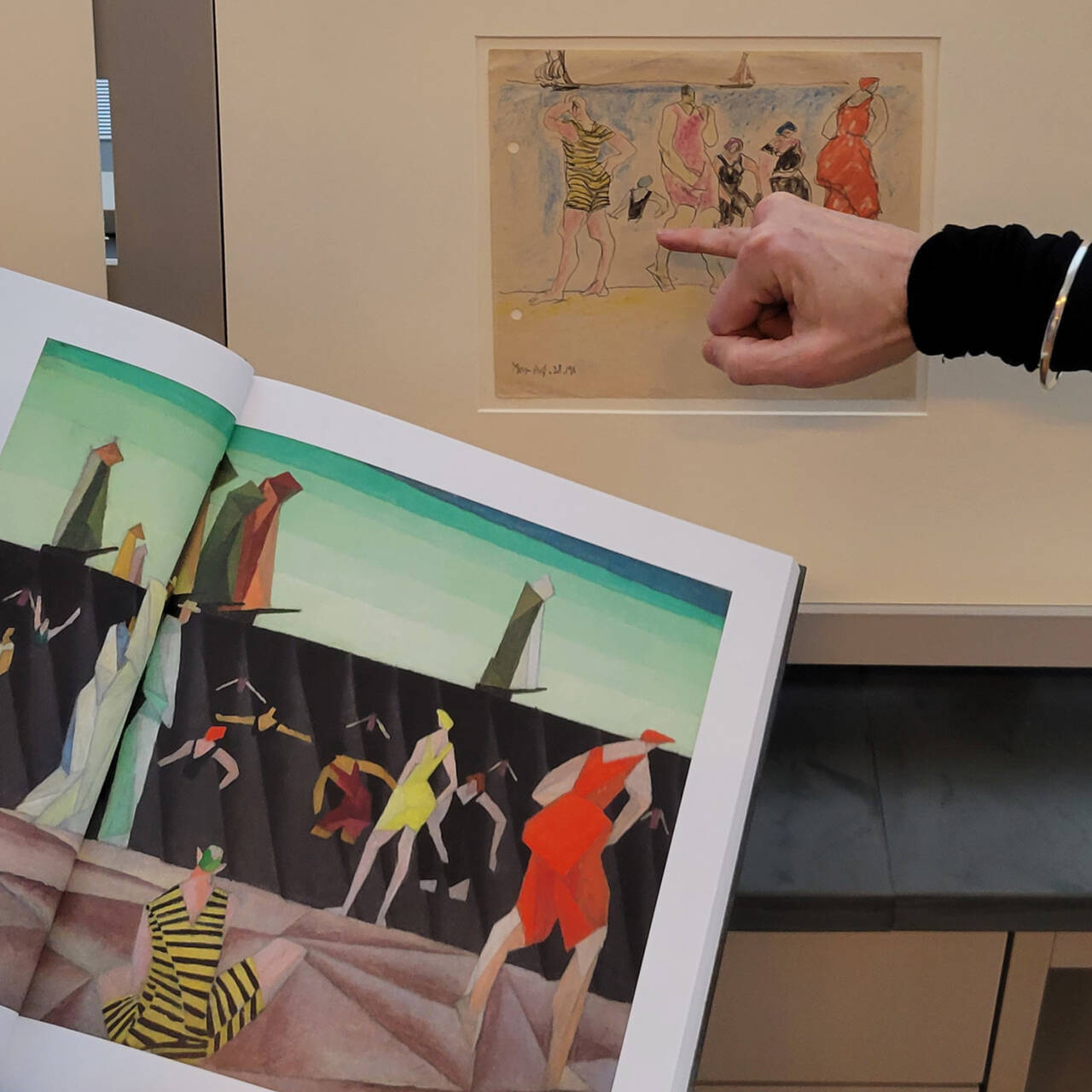You can easily lose yourself in his sounds and just start dancing. Artist and DJ Hans Berg about the emotional power of music, loss of control and his special relationship to Nathalie Djurberg.
Hans Berg is not “just” the sound-artist part of Djurberg & Berg. The Swede is also known far beyond the boundaries of the (fine) arts scene. As a DJ, musician and producer, he plays live sets in some of the world’s most popular underground clubs in Berlin, Melbourne, New York, Stockholm and Tokyo. It’s easy to get lost in his Techno and House colored sounds. At the same time, Hans Berg has long made use of collaborations as a DJ too: He not only teamed up with Johanna Knutsson to make music, they also founded record label UFO Station Recordings. In addition, his new album “Sounds of the Forest Forgotten” has just been released. SCHIRN MAG spoke to Hans Berg about his music, its emotional power, and about the significance of collaborations for his works.
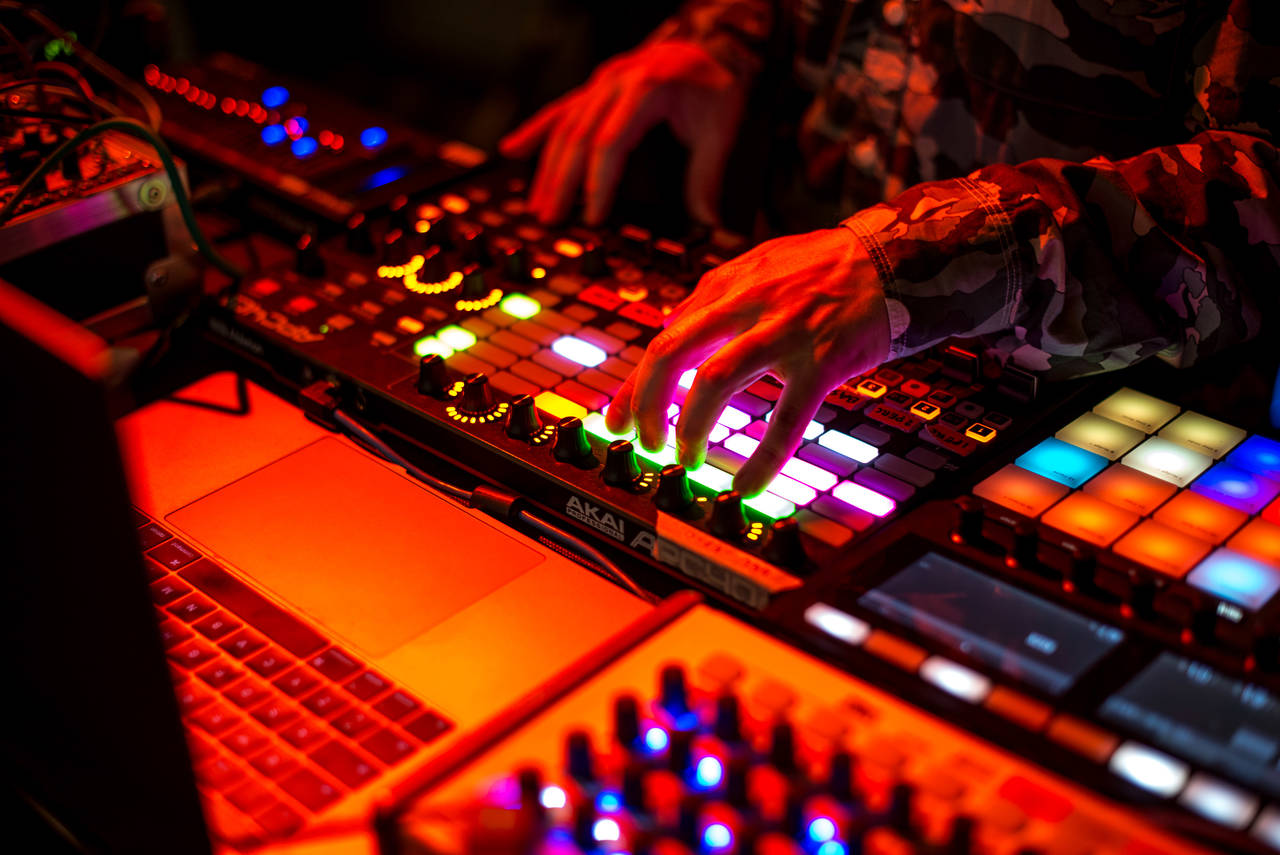
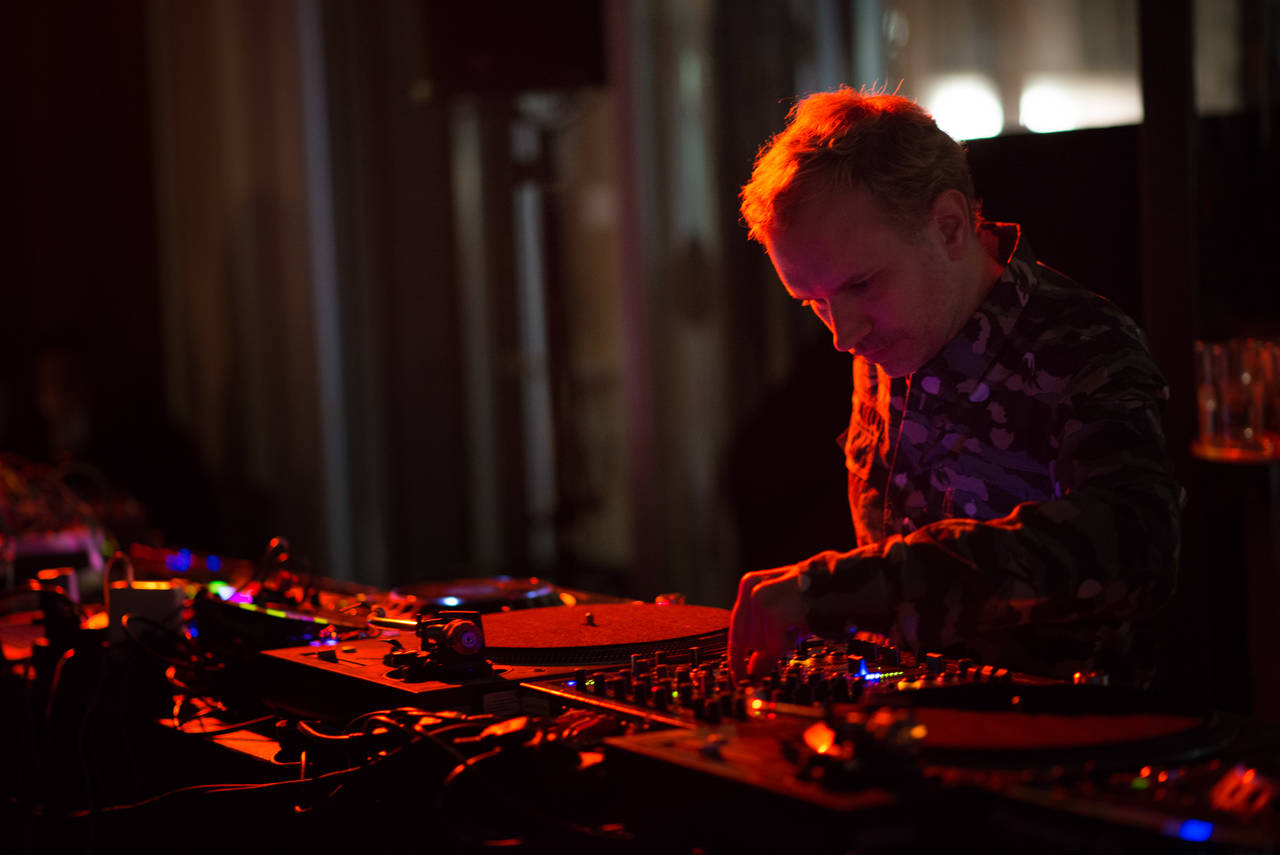
When and how did music enter your life?
I’ve always been fascinated by music, for as long as I can remember. As a child I listened to the radio all the time. I got my first synthesizer when I was around 10 years old, and I tried to mimic the electronic music that I was hearing on the radio, although it sounded horrible. I just didn’t understand why my cheap synth with pre-recorded drum loops didn’t sound like the hits on the radio.
Before we talk about your own musical work – what kind of music do you currently enjoy listening to?
I listen to everything that’s done with a soul. I always listen to a lot of techno and other electronic music, it goes in waves; right now i’m into a lot of South American music. But next week it might be classical music.
I listen to everything that’s done with a soul
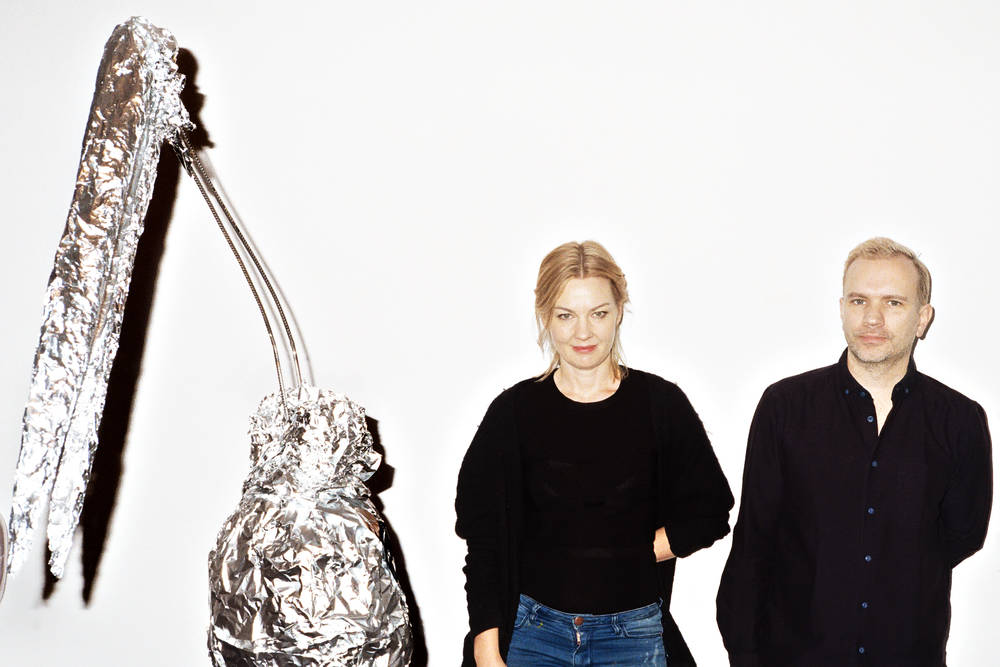
Music seems to be your artistic means of expression, for which you also collaborate with other musicians and especially the artist Nathalie Djurberg. What do you want to express with your music?
Creating music is for me an outlet, expressing emotions, connecting with the listeners emotions. For me music is very physical and emotional, it’s the language where I can express these things the best, without words. It’s the ultimate visceral experience.
You have been working with Nathalie Djurberg for the past 15 years, making the music for films and installations. What role does music play in the collaborative work of Djurberg Berg? Do you have your listeners in mind when you compose and if so, what do you want to trigger in them?
The music in our collaborative work has a very different role than the visual part, since it’s so direct and instantly triggers emotions, the viewer is already influenced by the music by the time they watch the artworks. Music goes directly into your mind with no filter, there’s no time for the brain really to filter your reactions, you just react. Whereas to the visual part, there is time to think about and analyse what it is you’re watching. But that interpretation will be influenced by the music. I don’t have the listener so much in mind, I focus on my own idea and how to interpret or how I feel about the work. I think that what I trigger in myself, will probably trigger something in the listener too.
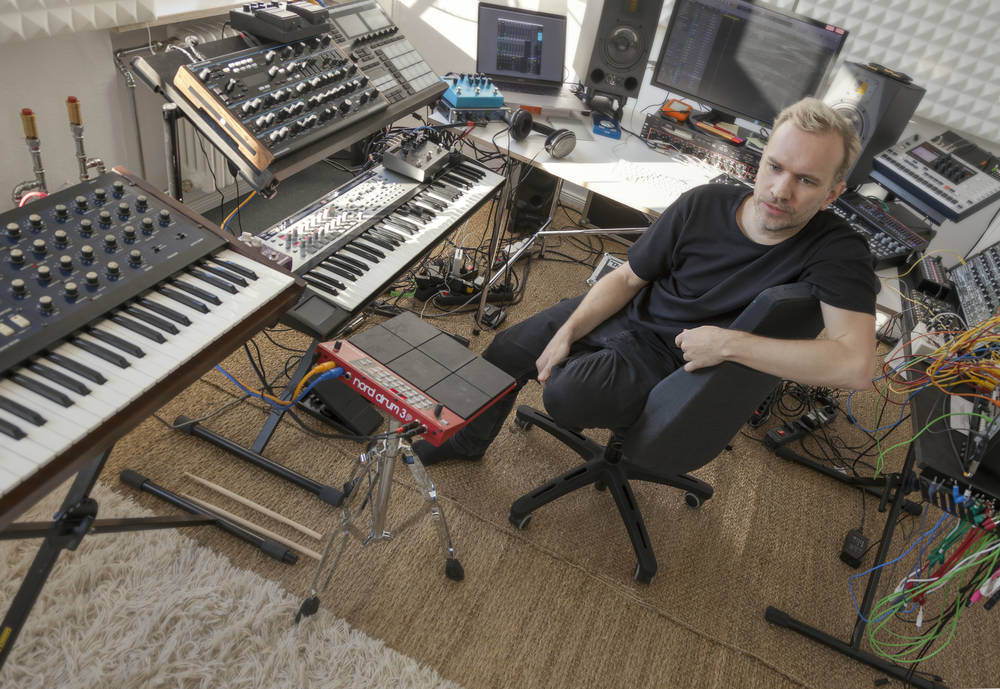
When you compose, what part do you play as an artist and what role do your production tools, from instruments to complex software programs, play?
It’s all intertwined, but still separate processes. When I compose, I need to be very open, see wherever the music takes me; it’s like a flow in a river, that needs to be allowed to just flow, and the less I try to control things the better it is. And then there’s the other part, where I need to take more control, the producing part of the music, sculpting the sounds, fine tuning, mixing, knowing how to create exactly what I want to have. But I can go in and out between the different processes, intuitively.
You don't only work with Nathalie Djurberg, but also as a producer and live artist you seem to be focusing on collaborations (Johanna Knutsson, UFO Station Recordings...). Are there any differences but also similarities in your compositions as an artist when working with Nathalie on the one hand and as a producer and live artist on the other? (Is there something like your "artistic music" and the sounds you produce for clubs?)
It’s all from me so there will unavoidably be similarities in my different types of music, although they have very different functions, the club music is for people to dance to, lose themselves in, for being played on loud volume for long periods of time. The music for installations, works in the context of the films, it also works for setting the tone, and story telling emotions. Sometimes I combine them though, to see what different result I come up with.
Club music is for people to dance to, lose themselves in, for being played on loud volume for long periods of time
You once said that Nathalie Djurberg and Johanna Knutsson are especially important to you, as your connection is deeper and more intense than just working together. What exactly does collaboration mean to you and what impact do these collaborations have on you and your music?
Creating music is so personal for me, and I always want to push myself beyond my own boundaries when I make music, therefore it’s important to do it in an open environment, where I can communicate well with the other person, try out ideas and have a connection. In the best case I gain something for everything I give, that’s the best thing from a collaboration I think, the other persons view and input, a different perspective that I can’t have by myself.
One month ago you released your new LP with the title “Sounds Of The Forest Forgotten” and realised a VR work with Nathalie. What’s next?
I’m working on many different projects, in summer I will do a collaborative performance with three other musicians in an old abandoned mine in Sweden, a new VR work with Nathalie, as well as more techno for my solo project. But the main focus is to always stretch the boundaries of what i’ve done before, that’s what makes music interesting for me.
NATHALIE DJURBERG & HANS BERG
A JOURNEY THROUGH MUD AND CONFUSION WITH SMALL GLIMPSES OF AIR
